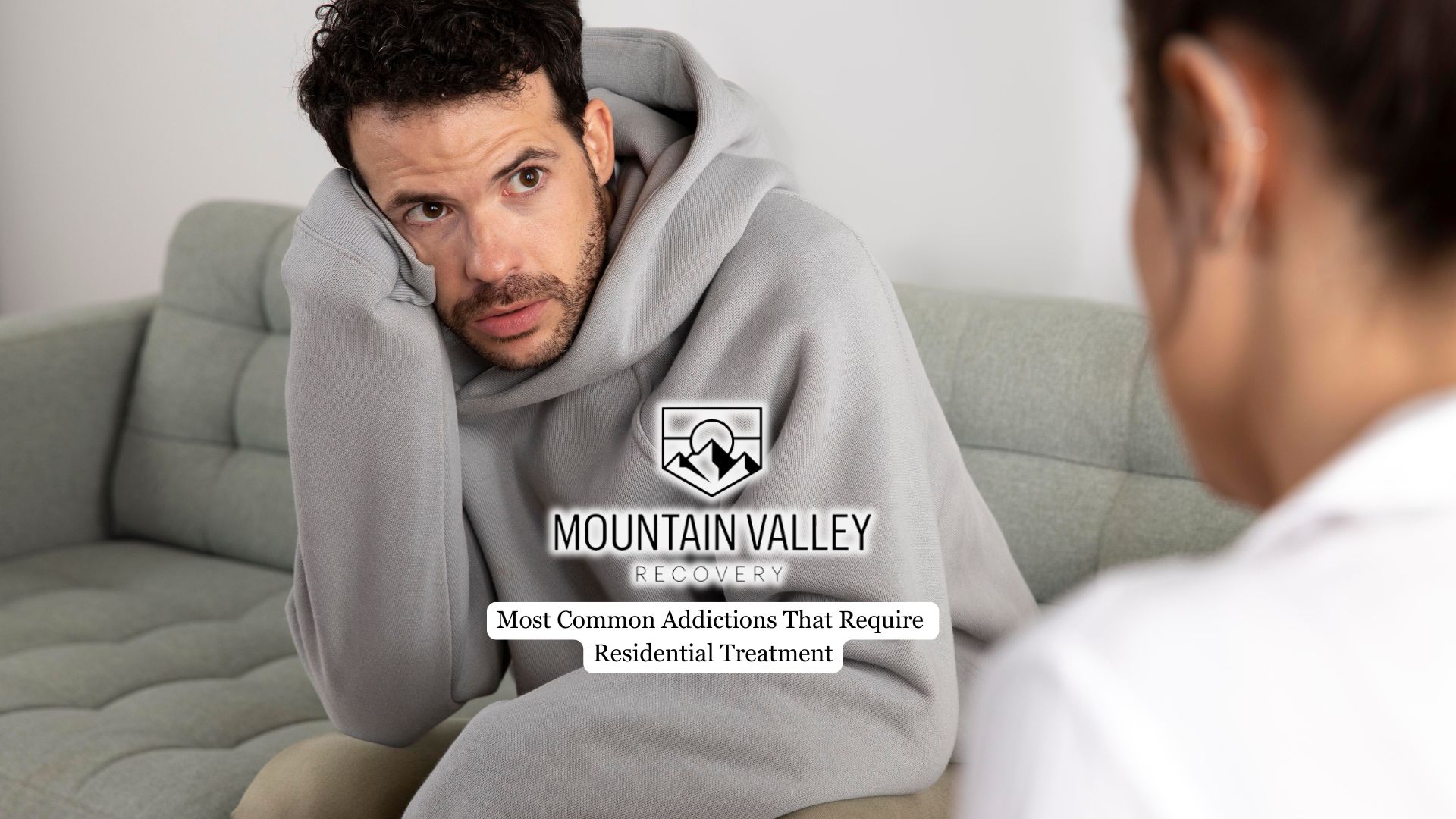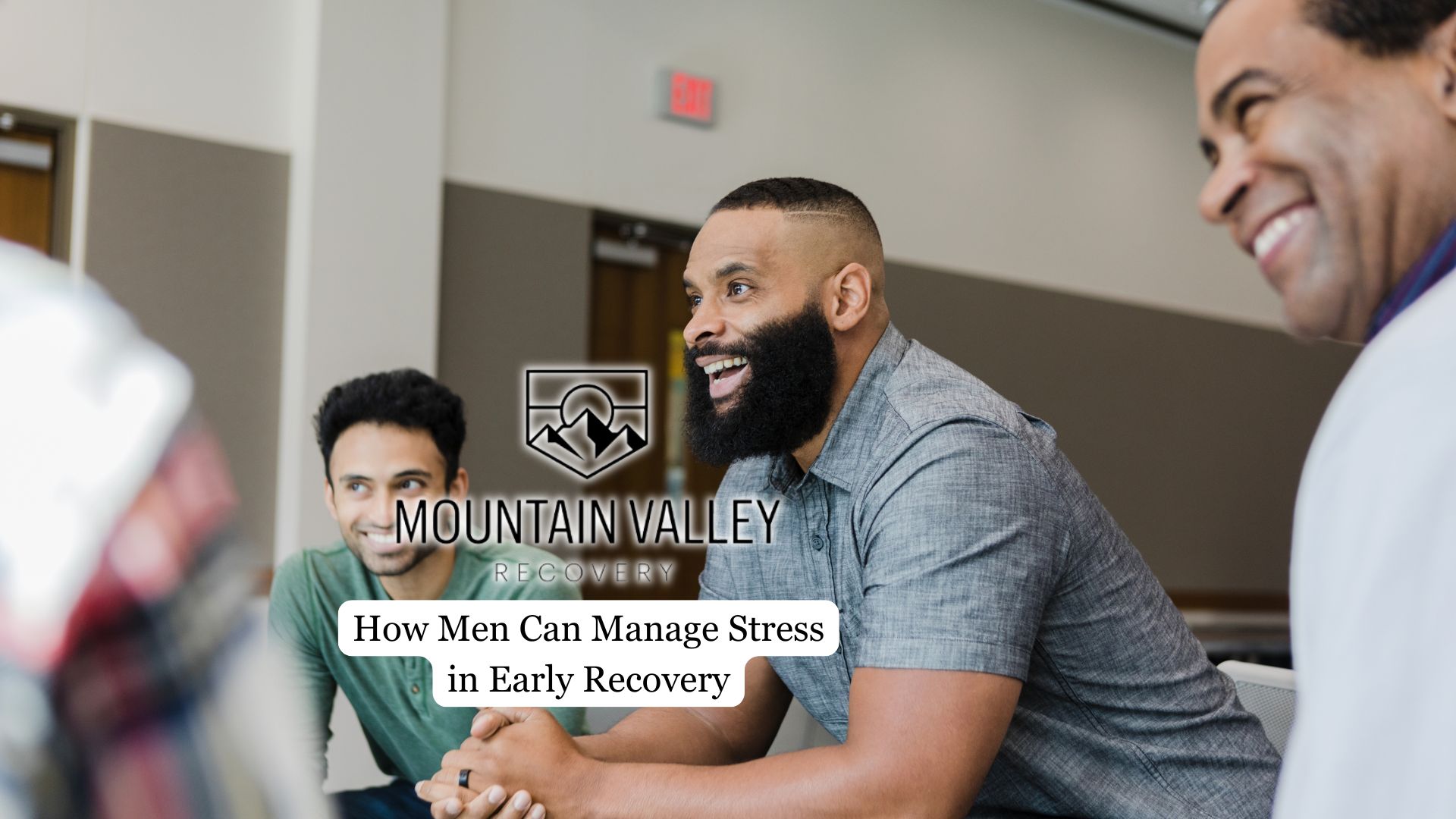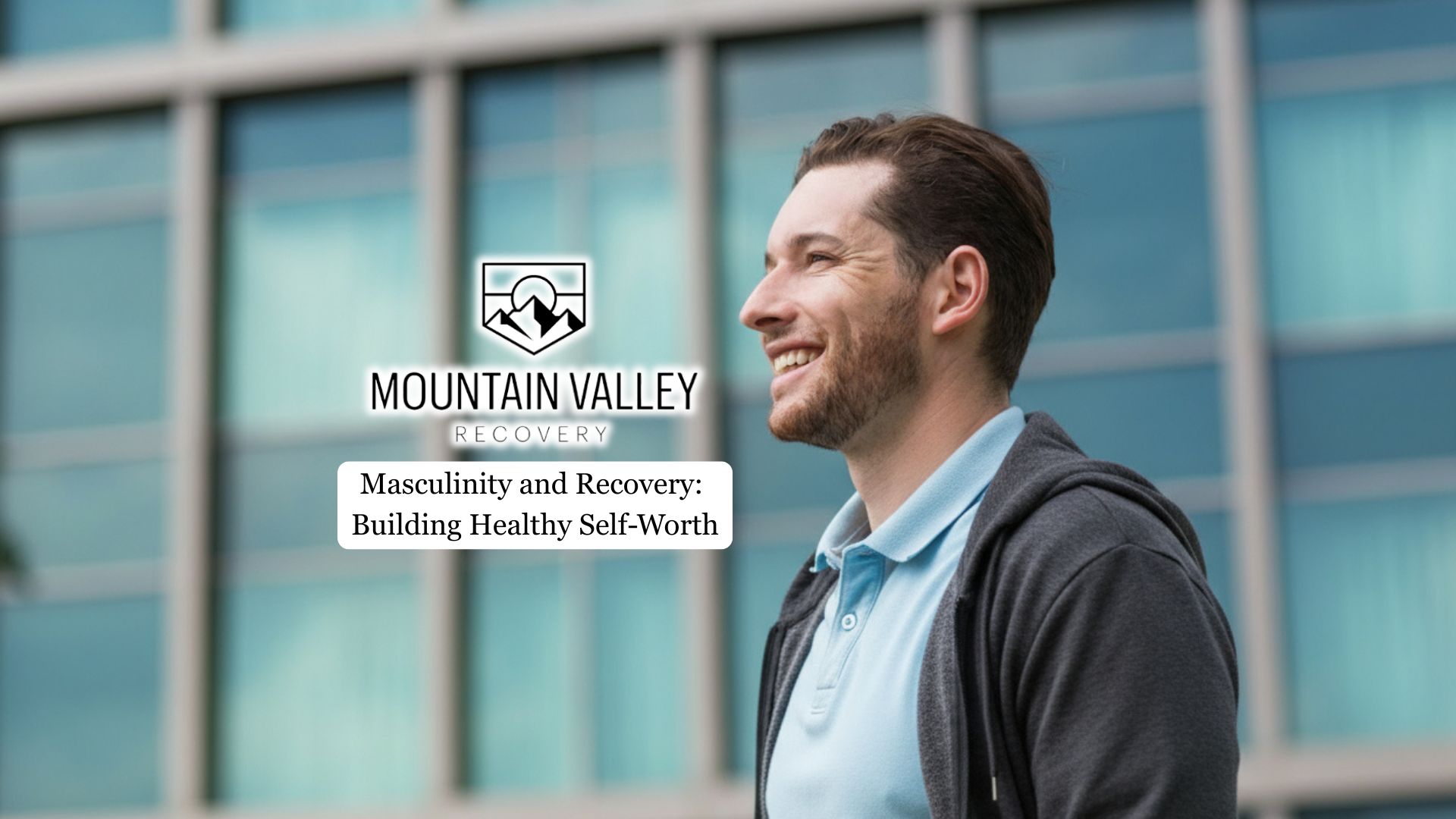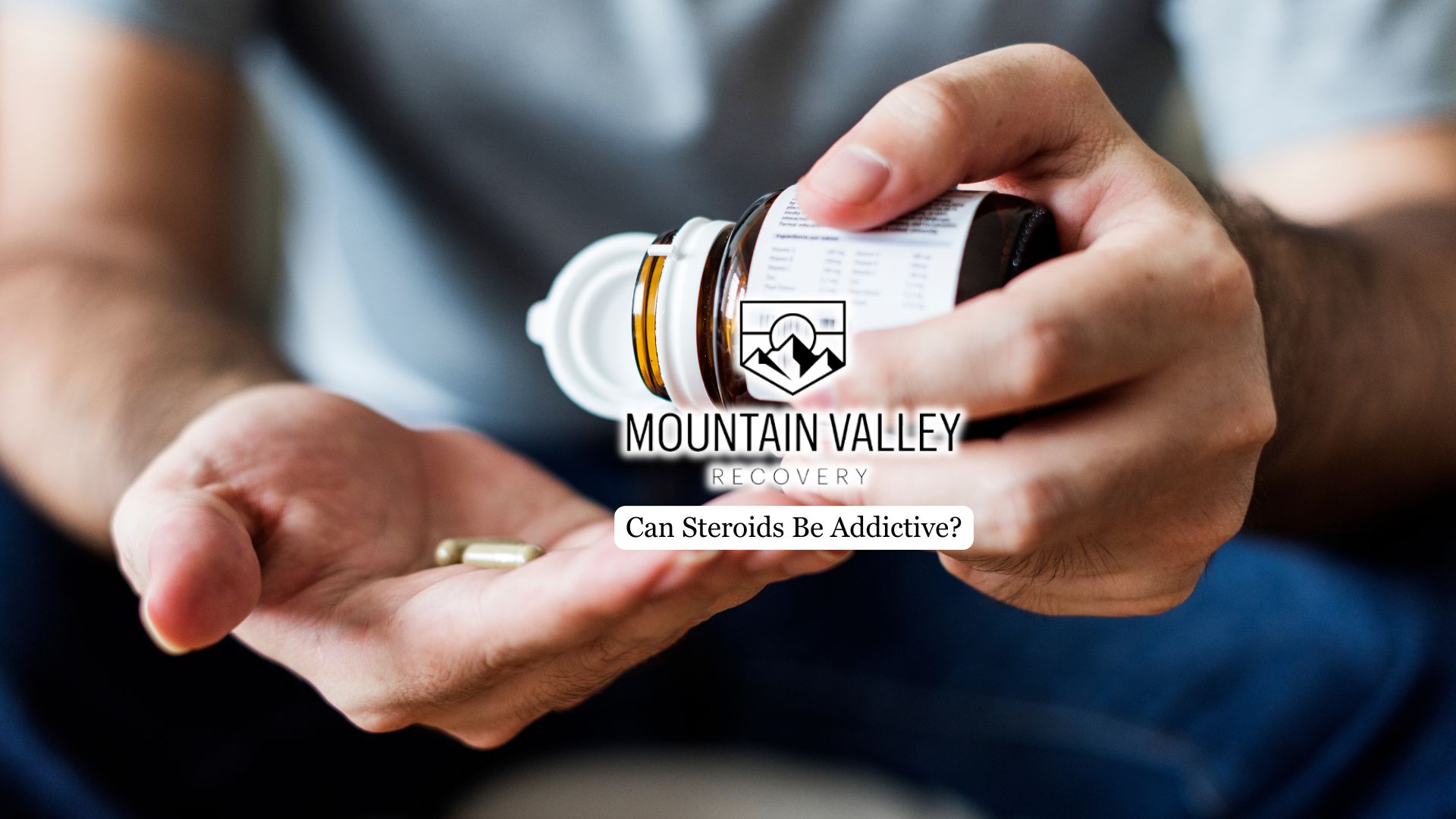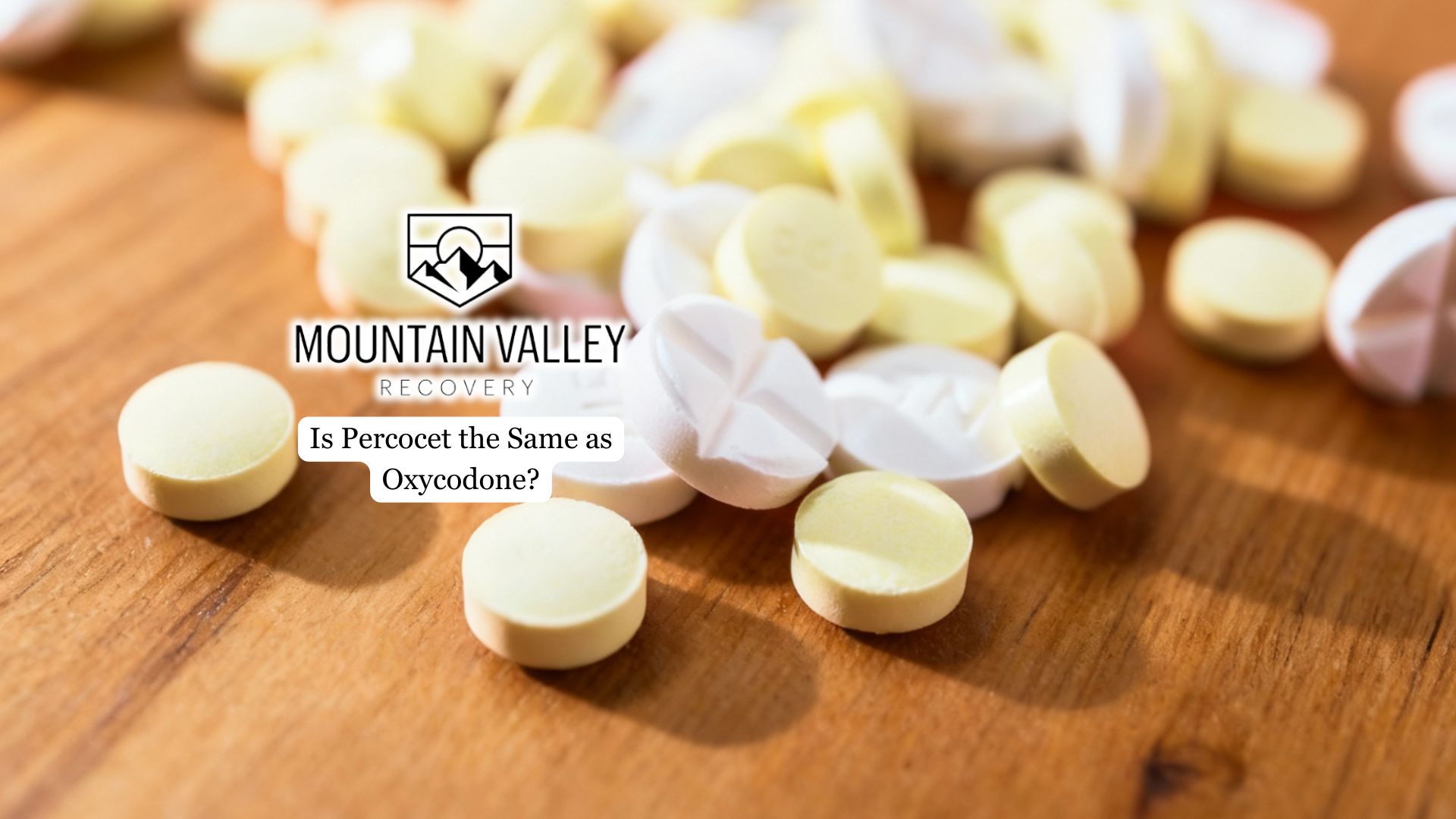Some addictions present such severe withdrawal risks or psychological complications that they require residential treatment for safe and effective recovery. Substances with high potential for life-threatening withdrawal, intense cravings, or co-occurring mental health issues often demand round-the-clock supervision and medical care.
In this article, you will learn the most common addictions that require residential care, so you can make informed decisions about seeking help.
Alcohol Addiction and Life-Threatening Withdrawal Symptoms
Alcohol dependence is one of the most common addictions requiring residential treatment due to the potential for dangerous withdrawal symptoms. When someone with severe alcohol use disorder quits drinking, withdrawal can begin within 48 to 72 hours and may escalate to seizures or delirium tremens, which can be fatal without medical intervention.
According to the 2023 National Survey on Drug Use and Health (NSDUH), approximately 28.9 million people aged 12 and older—10.2% of that population—struggled with Alcohol Use Disorder in the past year.
Medically supervised detox in a residential setting ensures safe withdrawal, 24/7 monitoring, and immediate access to care. Our men’s only alcohol addiction rehab in Utah provides a structured, live-in environment with therapy, life skills training, and wellness activities—helping men heal fully and build a strong foundation for long-term recovery.
Opioid Dependencies Requiring Medical Detoxification
Addiction to opioids—whether heroin, oxycodone, or fentanyl—often requires medical detox in a residential setting due to the intense and potentially dangerous nature of withdrawal. Symptoms like severe cravings, vomiting, diarrhea, and extreme physical discomfort can quickly derail recovery without professional support.
In 2022 alone, nearly 110,000 Americans lost their lives to drug overdoses. Of those, more than 81,000 involved opioids, with fentanyl accounting for nearly 74,000 deaths—marking a staggering 400% increase over the past decade.
Residential medical detox provides a safe, supervised environment where medications like methadone or buprenorphine can ease symptoms and prevent complications. This structured opioid addiction treatment not only stabilizes the body but also reduces the risk of relapse or fatal overdose during the most vulnerable stage of recovery.
Benzodiazepine Addiction and Complex Withdrawal Management
Benzodiazepines—such as Xanax and Valium—are commonly prescribed to treat anxiety and sleep disorders, but their potential for dependence can lead to serious health risks. Stopping these medications abruptly may trigger intense rebound symptoms, including severe anxiety, seizures, or even psychosis.
In the U.S., about 12.5% of adults—over 30 million people—report using benzodiazepines each year. Of these, approximately 2% develop an addiction, and around 17% misuse them. Benzodiazepine misuse is particularly dangerous when combined with other substances like opioids or alcohol, often resulting in ER visits, suicidal thoughts, and increased health complications.
Due to the complexity of withdrawal, residential treatment is often necessary. A medically supervised tapering process ensures safety and reduces the risk of life-threatening symptoms. Since many individuals struggling with benzodiazepine addiction also face co-occurring mental health disorders, effective recovery requires a comprehensive, integrated treatment plan that addresses both substance use and underlying psychiatric conditions.
Methamphetamine Use Disorder and Severe Psychological Effects
Methamphetamine addiction is linked to intense psychological disturbances, including paranoia, hallucinations, agitation, and even violent behavior. Over time, chronic use severely damages cognitive functioning and emotional regulation. When individuals stop using, they often face overwhelming cravings and deep depressive symptoms, making relapse a constant risk.
From 2015 to 2019, methamphetamine use in the U.S. surged by 43%, with non-injection use among 18- to 23-year-olds increasing fourfold—outpacing growth in older populations. This alarming trend highlights the urgency of early intervention.
With access to 24/7 support, medical oversight, and evidence-based therapies like cognitive-behavioral therapy (CBT), in residential treatment individuals can work through both the psychological and physical challenges of recovery, laying the groundwork for long-term sobriety and emotional stability.
Cocaine Addiction With Co-Occurring Mental Health Conditions
Cocaine addiction often goes hand-in-hand with underlying mental health conditions such as anxiety, depression, or bipolar disorder—making treatment more complex. Withdrawal from cocaine can trigger emotional crashes, intense fatigue, irritability, and powerful cravings, which are difficult to manage without professional support.
In the U.S., approximately 41 million adults have reported using cocaine at some point in their lives, with 5.4 million reporting use in 2019 alone. These numbers reflect not only widespread use but also the potential for hidden co-occurring disorders that often go untreated.
Heroin Dependence and High Relapse Risk Factors
Heroin dependence is characterized by high relapse rates and severe withdrawal symptoms. The risk of overdose is elevated, especially with the presence of fentanyl in the drug supply.
Residential treatment combines medication-assisted therapy with counseling and structured programming, offering the intensive support necessary to manage cravings and address underlying issues. Continuous supervision and a stable environment are critical for those at risk of relapse.
Prescription Stimulant Abuse Requiring Structured Care
Misuse of prescription stimulants like Adderall or Ritalin is increasingly common, particularly among students and professionals. Stimulant addiction can lead to anxiety, insomnia, and cardiovascular problems.
Residential treatment provides the structure and medical oversight needed to manage withdrawal and address the behavioral patterns driving misuse. Comprehensive programs include therapy, education, and relapse prevention strategies.
Polydrug Dependencies and Multiple Substance Complications
Polydrug use—simultaneous use of multiple substances—significantly increases the risk of severe withdrawal, overdose, and medical complications. Residential treatment is essential for managing the complex interactions between substances and providing individualized care for each aspect of the addiction. Medical detoxification, therapy, and continuous monitoring are crucial for safe and effective recovery in these cases.
Synthetic Drug Addictions With Unpredictable Effects
Synthetic drugs such as synthetic cannabinoids (Spice, K2) and cathinones (bath salts) are unpredictable in their effects and can cause severe psychiatric and physical reactions, including paranoia, hallucinations, seizures, and cardiovascular emergencies.
Because the chemical composition of these substances changes frequently, each use carries unknown risks. Residential treatment programs are equipped to manage acute medical crises and provide long-term recovery support for individuals affected by synthetic drug addiction.

Severe Cannabis Use Disorder With Treatment-Resistant Patterns
Cannabis use disorder is increasingly recognized as a condition that can require residential care, especially with the rise in THC potency in modern products. Individuals with severe, treatment-resistant patterns may experience persistent cravings, mood disturbances, and functional impairment.
Residential treatment offers cognitive-behavioral therapy, contingency management, and integrated care for co-occurring mental health issues, providing the intensive support needed for recovery.
Final Thoughts from Mountain Valley Recovery
Some addictions are too dangerous to face alone. Substances like alcohol, opioids, and benzodiazepines can cause life-threatening withdrawals, while drugs like meth and cocaine bring intense psychological challenges. In these cases, residential treatment isn’t just helpful—it’s essential.
At Mountain Valley Recovery, our residential rehab program in Utah offers a safe, structured environment where men from all walks of life can focus fully on healing. With 24/7 care, evidence-based therapy, and holistic support, we help individuals rebuild their lives—physically, emotionally, and spiritually—for lasting recovery.

